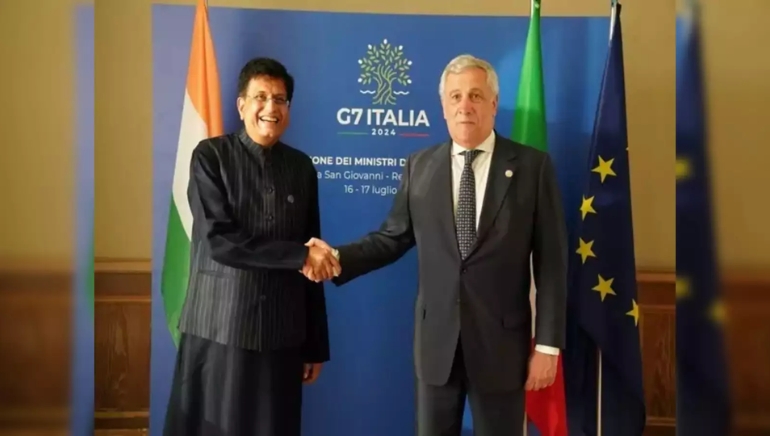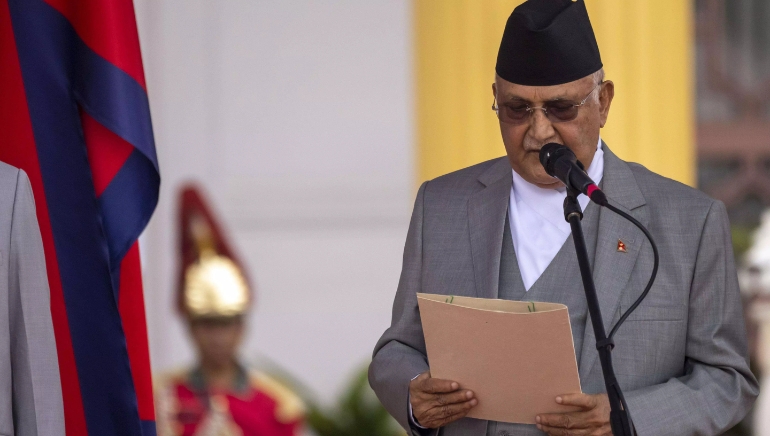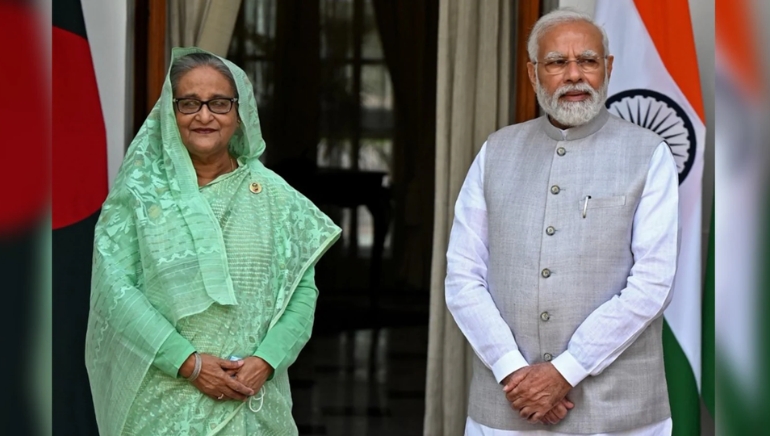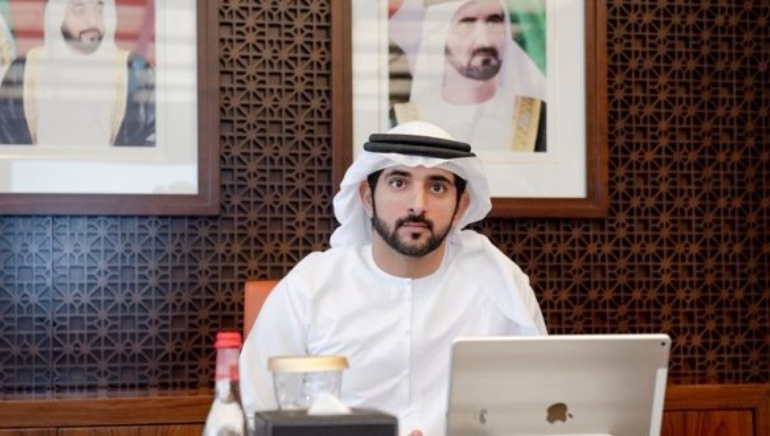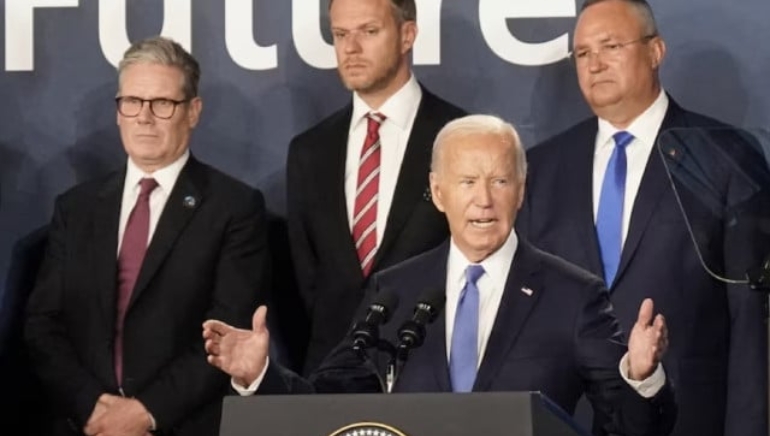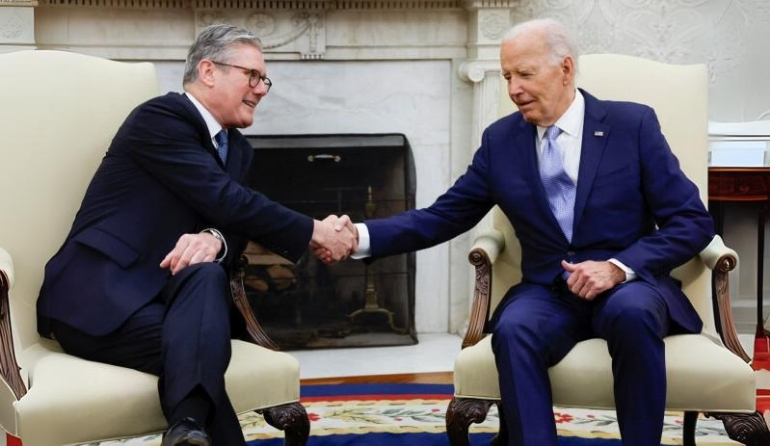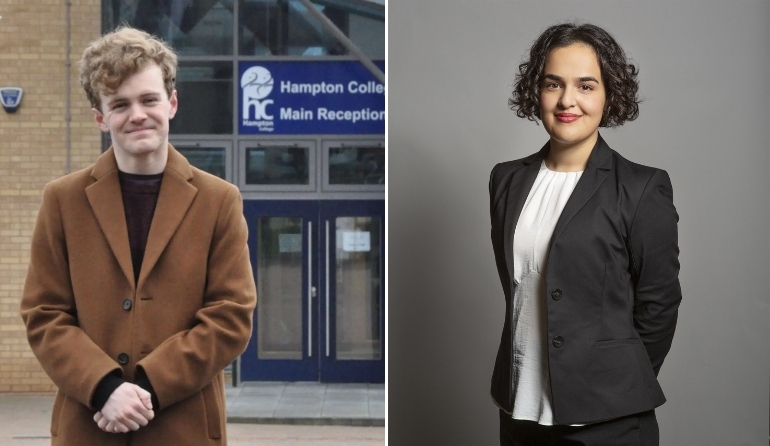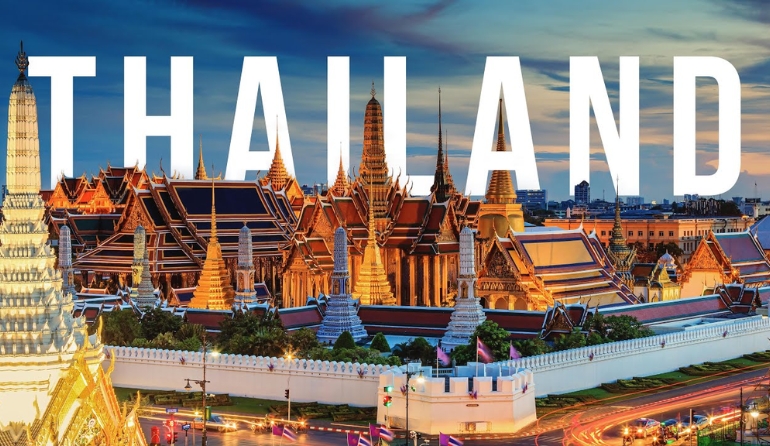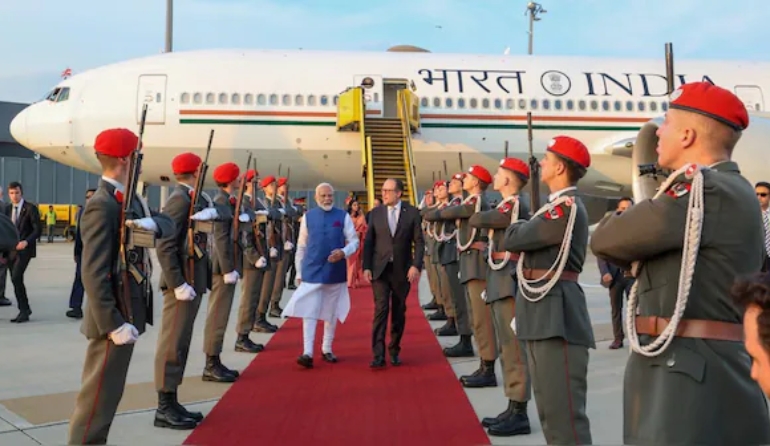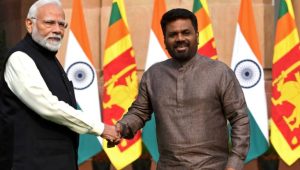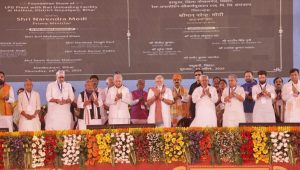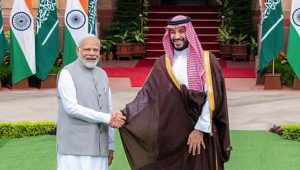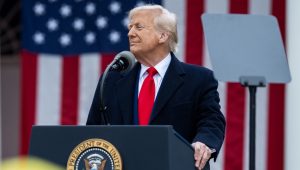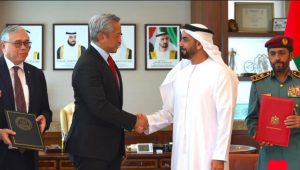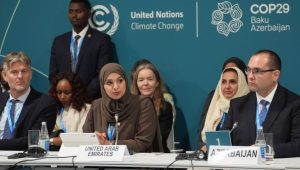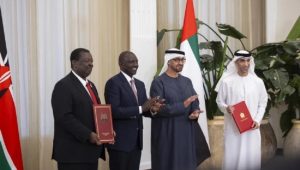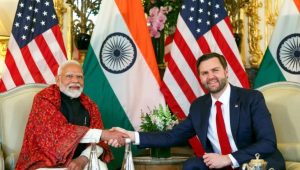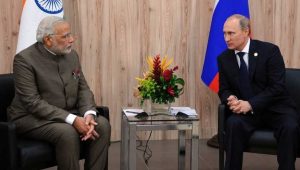Taiwanese businesses are shifting their supply chains from China to India as Taipei and New Delhi improve commercial ties amid escalating global trade concerns. According to James Huang, chairman of the Taiwan External Trade Development Council, Taiwan’s foreign direct investment (FDI) in India totalled $665 million between 2018 and 2023. This contrasts with $277 million in FDI from 2006 to 2017.
“It is evident that more Taiwanese companies are moving supply chains out of China and are establishing them in India,” Huang told reporters. Despite the lack of formal links with Taiwan, India has developed a tight business relationship, seeking investment from the largest chip-producing country to increase manufacturing.
Taiwan’s Powerchip Semiconductor Manufacturing Corp. collaborated with India’s Tata Group to construct the first semiconductor fabrication facility in Gujarat, taking advantage of a $10 billion incentive programme.
Huang emphasised Taiwan’s programmes to train Indian students and talent in semiconductor technology, laying the groundwork for future collaboration. Taiwan’s supply chain shift has centred on the mobile phone assembly and footwear industries. The two-way commerce between India and Taiwan totalled $10.1 billion in the fiscal year ending March 2024.






